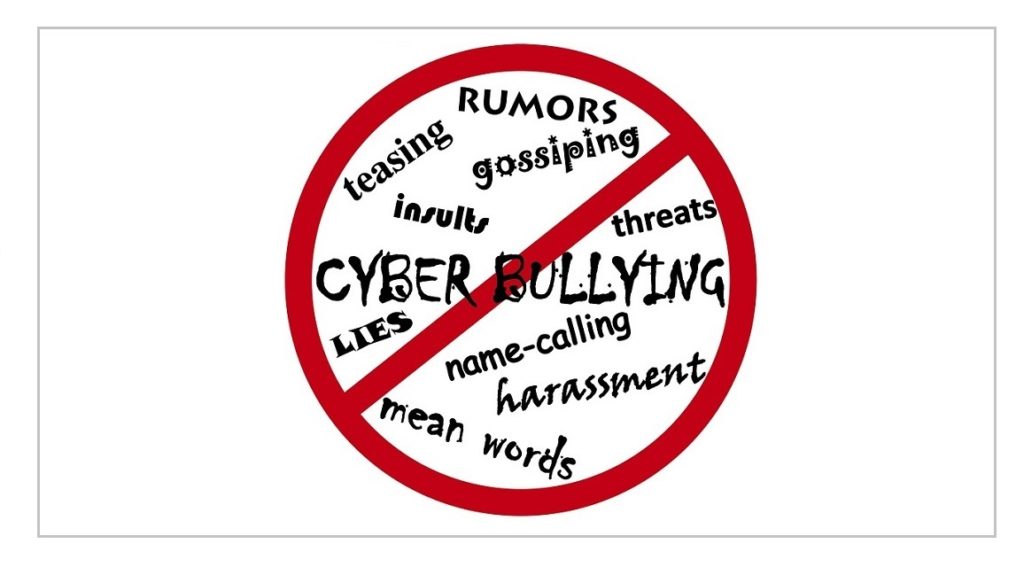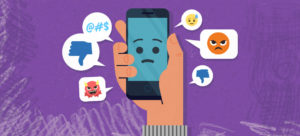10 things bullies do – and why

Someone who hurts you over and over again even after you tell them to stop is a bully. When bullies hurt you they take away your rights and happiness.
Bullying is very difficult for children, or anyone, to deal with. It makes you feel afraid and degraded and often it makes a person feel like they are worthless.
According to Psychology Today, people bully because it can be an effective way of getting what they want, at least in the short term, and because they lack the social skills to do so without harming others.
Bullying is also a way of establishing social dominance, although over time, as children’s behavioral repertoires generally broaden, it becomes an increasingly dysfunctional way.
Bullying is unacceptable and these are the ways to recognise if you are being bullied or if you fall into the category of being a bully.
1. Name calling
2. Making things up to get someone into trouble
3. Hitting, pinching, biting, pushing and shoving
4. Taking things away from someone example a school lunch
5. Damaging someone’s belongings
6. Stealing from someone, be it money or anything material
7. Turnings someone’s friends against them
8. Spreading rumors or gossiping
9. Threatening someone and intimidating them
10. Mocking someone if they are for, eg. overweight
Children who get bullied
There are a number of reasons why someone may be bullied. They include everything from personality differences to being in the wrong place at the wrong time.
What’s more, anyone can be a target of bullying, even strong, athletic and popular kids.
There are certain characteristics that might increase a child’s chances of getting bullied.
It’s important to remember that these children shouldn’t try to change their characteristics to avoid bullying. Bullying is about the wrong choice the bully makes, not some perceived defect in the target.
Parenting website, Verywell Family lists these types of children who may get targeted:
1. Successful kids (kids who are good at what they do)
2. Intelligent kids (kids who excel in the classroom)
3. Vulnerable kids (kids who are introverted, anxious, or submissive)
4. Isolated kids (those who have fewer friends are more easily targeted)
5. Distinctive physical appearance (almost any type of physical characteristic that is different or unique can attract the attention of bullies)
6. Illness or disability (bullies often target special needs children)
7. Different sexual orientation (more often than not, kids are bullied for their sexual orientation)
8. Religious or cultural beliefs (it is not uncommon for kids to be bullied for their religious beliefs)
9. Different race (sometimes kids will bully others because they are of a different race)
Remember, bullying is about the bully making a bad choice. It is important that this fact is communicated to victims of bullying – they need to be reminded that there is nothing wrong with them and they are not to blame for being targeted.



